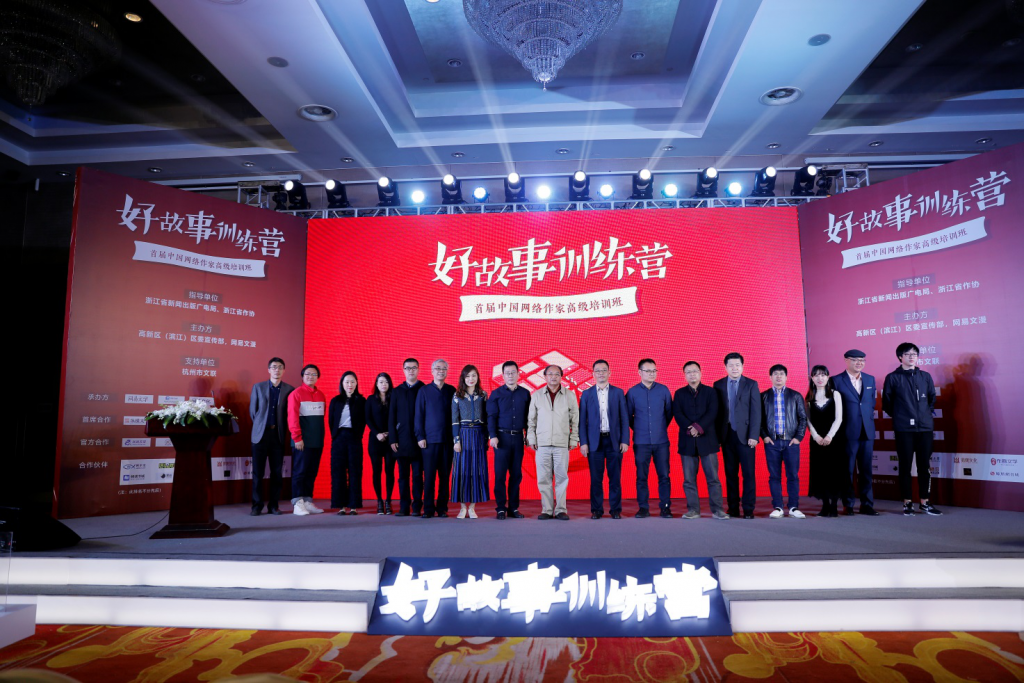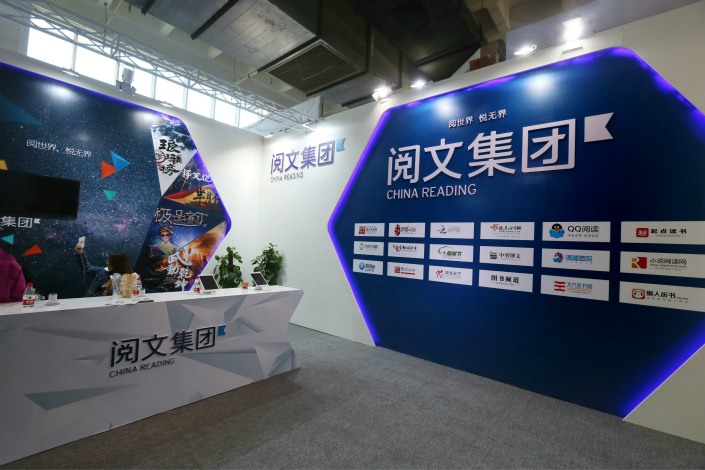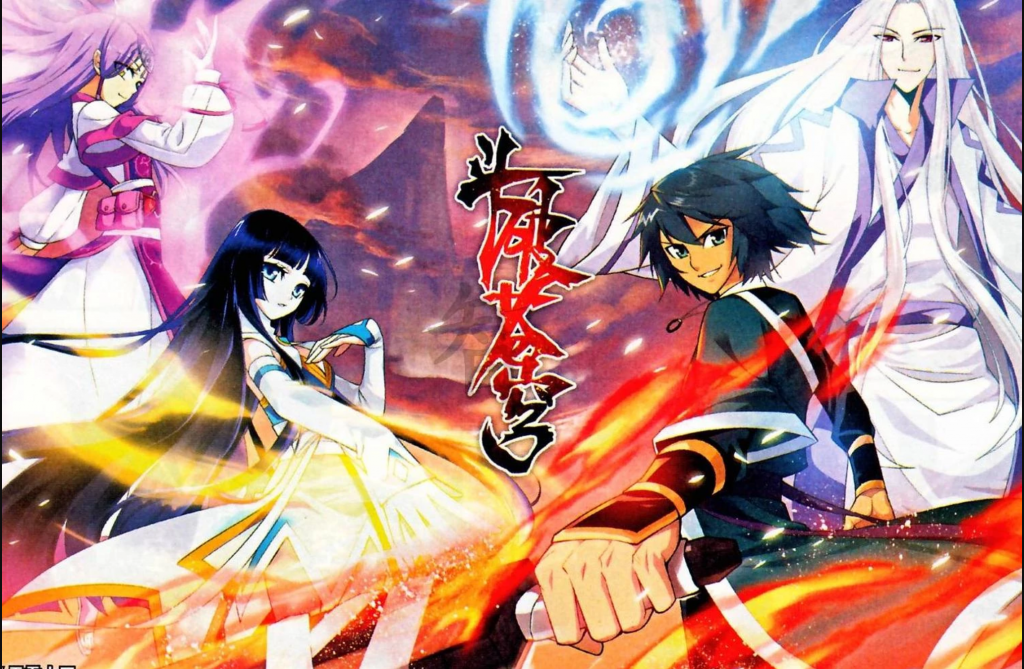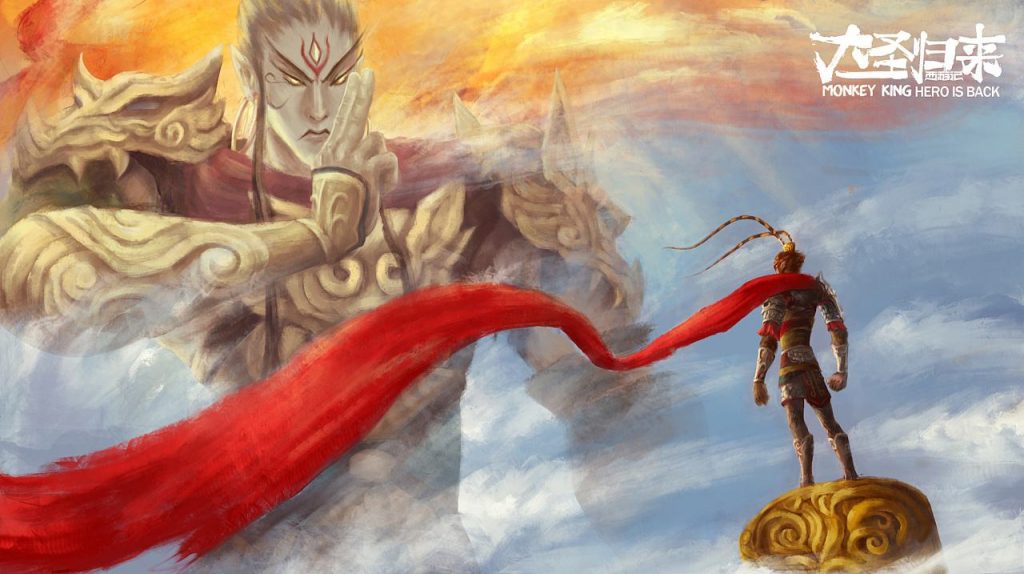This intellectual property’s abbreviated form in Chinese context now refers to concepts of authenticity, brands, characters, stories, and even prototypes of ancient myths.
Reading entertainment news and content economy business insights published by Chinese media, it’s not surprising to see the direct use of the term “IP” (in Chinese).
Major entertainment and cultural players are moving aggressively into the IP game. The attractive Chinese market holds challenges and opportunities. The theme of China’s reliance on international IP is still strong, but demands in emotional reciprocity and generation Z’s rise are creating a new landscape.
Background of IP in China’s content economy
There was no such word that matches intellectual property’s meaning in China before the term was imported. As a formal WTO member and a country which used to feed huge piracy markets, China learned the phrase and acknowledges its power by frequently learning from disputes. Trump’s tariffs on $50 billion worth of Chinese goods are seen as the US revenge to China’s harmful intellectual property practices including theft.
However, Chinese players in entertainment and culture industry hope to elaborate the phrase’s meaning to portray unique characteristics of the industry.
Chinese entertainment companies realized that the full term intellectual property (知识产权)’s meaning in Chinese narrowly depicts copyrights and trademarks’ legal practices. Originality (原创), on the other hand, doesn’t vividly cover commercial value or legal responsibility. IP then became a fresh term Chinese players can use to mean content whose authenticity is unique or legally protected.
IP business models
Chinese companies fighting in the red ocean of authentic content creation are aggressively unveiling their IP ambitions. Creating self-owned IP products and cooperating with cross-field partners have become two regular business practices.
The first practice is often adopted by content creators that also operate and own down-stream business such as films, games, and entertainment shows. IP ownership creates potentially sustainable profits as it allows continuous creation and diverse business models.
IQiyi, one of China’s largest content platforms, launched their Yunteng Plan (云腾计划) in October 2017. The plan mentioned IP industrial chain (IP产业链), IP industrial ecosystem (产业生态), and IP era (IP时代).
People.cn, seen as the Communist Party’s official paper, also stressed IP when commenting on NetEase’s Good Story Training Camp (好故事训练营): “The whole cultural and creative industry has a strong desire for high-quality IP content. Downstream film and game companies eagerly expect the online literature market to provide good literature IP for further content development.”
While iQiyi is often compared with Netflix, China’s content creation interest groups are far more complex than those in the US. The interest groups include internet technology and information player NetEase, and conglomerate cooperates such as Wanda Group. As a result, the industry chain is longer and can be more flexible. Frequent innovation or strong IP that will sustain long-term business expansion is crucial.
Another business practice of IP frequently appears in the consumption sectors, particularly retail.
In 2017, during the June 1 International Children’s Day, Alibaba’s film affiliate AliFilm cooperated with the Pokemon Company in a carnival event in Hangzhou. According to media source close to the matter, the cooperation brought over RMB 200 million retail revenue.
Reliance on imported IP
Nevertheless, the retail success shows a fundamental problem: Chinese players still heavily rely on international IP. In 2015, Deloitte predicted an RMB 1 trillion culture and entertainment market as well as an RMB 200 billion movie market (in Chinese only) by 2020, but Chinese players have a long way to go to optimize their business in the pie.
For example, OnePlus, a Chinese smartphone maker, leveraged IP cooperation with Marvel to launch OnePlus6 Avengers limited edition to cut into the fierce device-manufacturing competition. Chinese content creation’s global fan-base and techniques are not strong enough to support an emerging brand at the moment.
By May 1, 2018, Marvel movies box office revenue in mainland China hit RMB 10.5 billion (in Chinese, inflation unadjusted). China has contributed around 13% global gross revenue of the Avengers series. This had made China the largest single movie market for the series. By May 12, 48 hours after the formal release of Avengers: Infinity War in China, box revenue of the film hit RMB 1 billion. Though it’s hard to know how much the films’ Chinese publishers and theaters have earned, looking at a trillion-RMB sized pie, a few films are far from enough.
Chinese players will not easily let go of home advantages of a huge Chinese market, and Beijing is highly aware of both the commercial and cultural importance of IP. Chinese government stresses “confidence in culture” (in Chinese:文化自信) and demonstrated suspicious attitude towards offshore mergers and acquisitions of entertainment assets.
As a result, content and entertainment projects are leaning towards domestic market.
IP identity and emotional reciprocity
Meanwhile, local players have a natural advantage in understanding the local culture and emotions.
“People sometimes have a biased perception that adding Chinese elements really means adding elements – single objects or linear expressions of symbols, like a lantern, or a character from a Chinese myth,” Jiang Mingxuan told TechNode. Jiang is studying at Beijing Film Academy, one of China’s most privileged drama, filming, and theater art schools. She is also volunteering at Common Future, a Chinese foundation that promotes humanitarian care and Chinese culture in wartorn areas including Syria.
“The elements should be put in a systematic way. You have to understand people’s emotional needs and the meanings behind symbols. This is partially why the performance of Great Wall starring Matt Damon was not satisfactory,”Jiang added.
Jiang’s words cast lights on two crucial factors in the current domestic IP market, particularly in the film industry: national and individual identity.
Red Sea Operation, a China-made anti-terrorism film about Somalia pirates and global nuclear conspiracy, so far has ranked top on China’s 2018 box office list with a box office revenue of RMB 3.7 billion.
Among the top ten box revenue winners, 40% are imported. Ready Player One ranks 5th, Avengers: Infinity War ranks 3rd, Rampage ranks 8th, and Aamir Khan’s Secret Superstar ranks 10th.
The Secret Superstar continued the success of Dangal, another Aamir Khan film telling an Indian female wrestler’s struggle in gender inequality and a hierarchical life. Aamir Khan’s films which often touch critical social issues commonly shared by India and China were very successful in China. This has made the name “Aamir Khan” a strong IP and branding power that specializes in authentic social analytical content production. Aamir Khan’s Dangal achieved RMB 1.3 billion box office revenue in China – around two times of Black Panther’s box office revenue.
In strictly top-down China, critical thoughts about gender, corruption, family violence, justice, and youth are powerful themes. Laughter and sorrow, even a sense of humor, all have to be in the right cultural context. In the meantime, domestic forces are cultivating and consolidating their own IP.
One of the biggest IP in China is Journey to the West (西游记).
Journey to West is one of China’s four greatest classic Chinese novels and was published in the 16th century. As joked in China, “in front of Journey to the West, even Tolkien’s Lord of the Ring will be dull.” In 2016 alone, 9 films built their stories on the historic IP. The 9 films imply not just how strong the historical IP is, but also China’s limited imagination in IP creation and commercialization.
Nevertheless, the IP does bring success in China. TV series of the story is ready for the Guinness World Record as the most broadcast and the highest rated. A $16 million budget Chinese animation film Monkey King: Hero is Back (2015)’s box office revenue surpassed that of Kungfu Panda 2.
In the gaming industry, the IP has been empowering NetEase’s PC and mobile game Dahua Xiyou (大话西游) for over 15 years since 2002.
Lesser-known trends
Generation Z and reality shows are becoming a strong driving force of IP creation and commercialization.
China-made-anime (国漫) the Outcast (一人之下) builds its story on Taoism. On May 19, online views of the animation’s season 2 hit 2.1 billion. Generation Z’s power is also seen in anime platform Bilibili’s popularity. The platform landed in Nasdaq on March 28.
Meanwhile, total views of entertainment shows including talk shows and reality shows in 2016 hit 29.5 billion, a 15.6% increase year-over-year. Pinduoduo (拼多多), a price-for-value online group platform combating Alibaba, is heavily investing in shows for marketing. The market expects its investment in celebrity reality show Go Fighting (in Chinese: 极限挑战) to be RMB 300 – 400 million.
The huge Chinese market will be willing to accept any IP that holds commercialization potential. Amid fierce and messy competition, the IP business in China holds massive potentials and is still waiting to be better exploited.
-This article originally appeared on TechNode.













